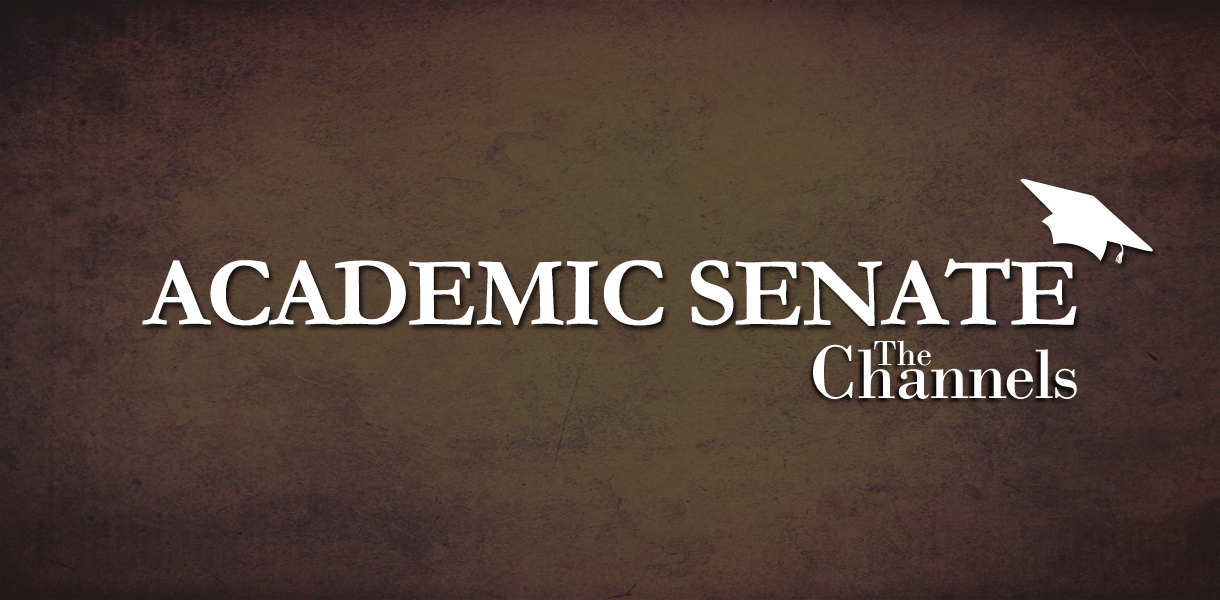Teachers who pursue sexual relationships with students could face Title IX investigations under a proposed revision to college rules set to go before the Academic Senate on Wednesday.
Administrative Procedure 3430 defines the college’s rules on how harassment allegations are to be investigated and resolved, explicitly identifying what constitutes harassment as well as the steps to be taken to reprimand guilty parties.
“When we looked at this, we saw that the language about faculty-student sexual or romantic relationships was that it is to be discouraged, but discouraging something is very soft for what we felt it should be,” said Priscilla Butler, academic senate president.
The Board Policies Administrative Procedure Committee (BPAP) reviews all of City College’s board policies and administrative procedures every few years. BPAP is currently working through the chapter that outlines the college’s harassment policy and is taking the opportunity to make changes.
Josh Villanueva, associated student government president, said that he believes relationships between students and teachers shouldn’t cross a certain boundary. The proposed changes to the procedures went before student senators at their meeting on Friday, March 2, and were approved unanimously.
The proposed change to the policy reads that despite both parties being of age to consent, there is still a power imbalance due to teachers’ “responsibility to assign grades, which can have long-lasting impacts on the student’s permanent academic record.”

Priscilla Butler, president of the academic senate
Butler said that BPAP wanted to make the wording clear and specific, because there is a power imbalance in a relationship between students and faculty. The power held by faculty members to assign grades, assign different types of work, and give preferred treatment is something that should not be taken lightly.
“There’s two potential areas of abuse there. One is using that power to coerce a student into an unwanted relationship and I think it’s very hard for the person in the less powerful position to decline,” said Butler. “The other factor is that if the other students in the class become aware of the relationship and they think ‘wow, my professor is giving this student special things, A’s or good assignments for their projects because of their relationship, I’m not being treated fairly.’”
Another proposed rule states that “A faculty member who engages in a sexual or romantic relationship with a student currently enrolled in that faculty member’s class will be referred to human resources for a Title IX investigation. Depending on the findings of the title IX investigation, an appropriate remedy up to and including termination will be included.”
Butler said she believes the #MeToo movement has shown that society sometimes looks the other way in cases where the line between what is and is not acceptable is blurred.
“We don’t want to have the field of ambiguity around such an important relationship. We want to have clear lines about what is ok and what is not,” said Butler.“We want to move forward with everybody understanding what those lines are.
“I think at this time in our country’s history in particular, making that very clear is especially important.”
The changes to Administrative Procedure 3430 are scheduled to go before the Academic Senate Wednesday.














